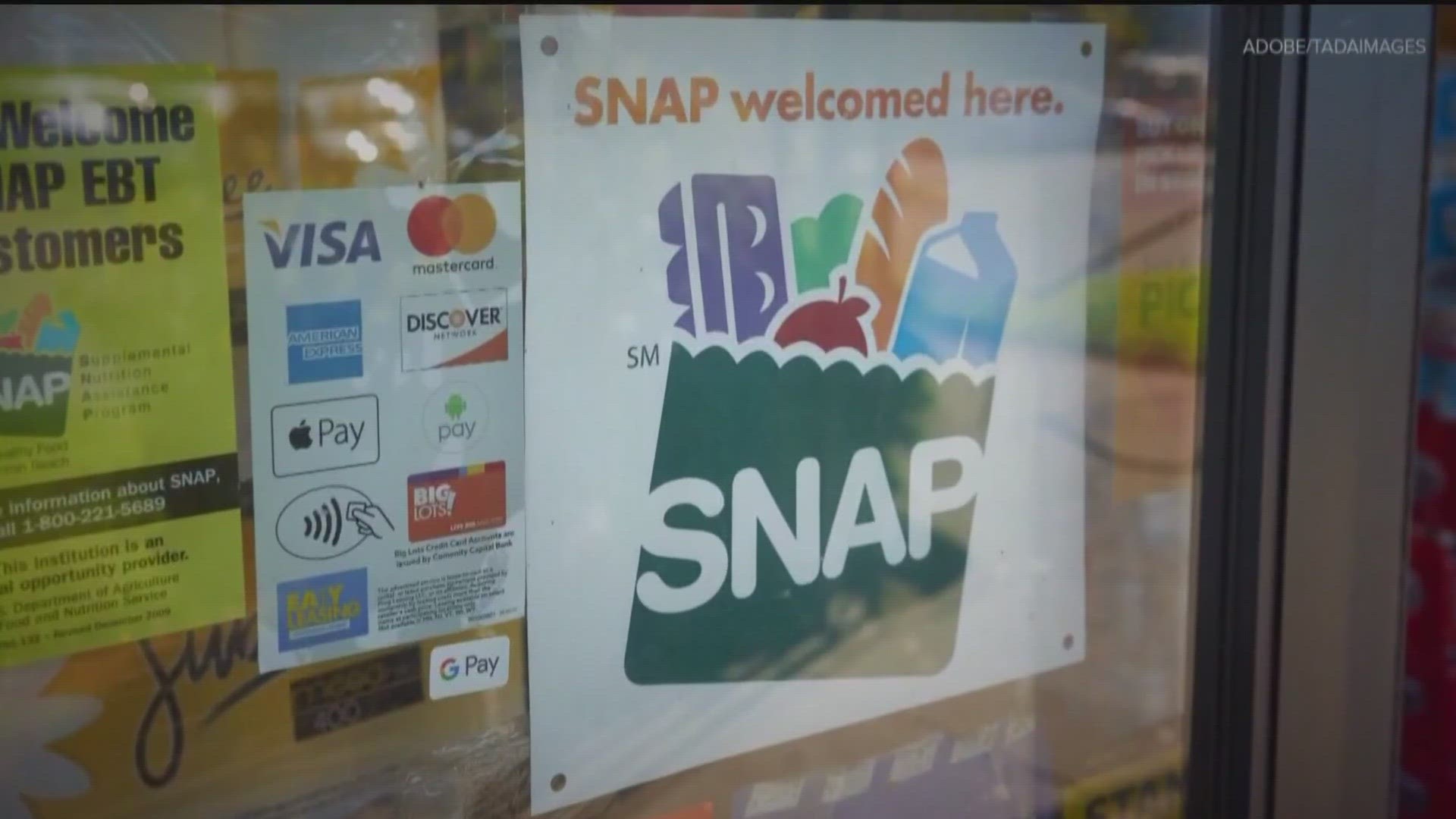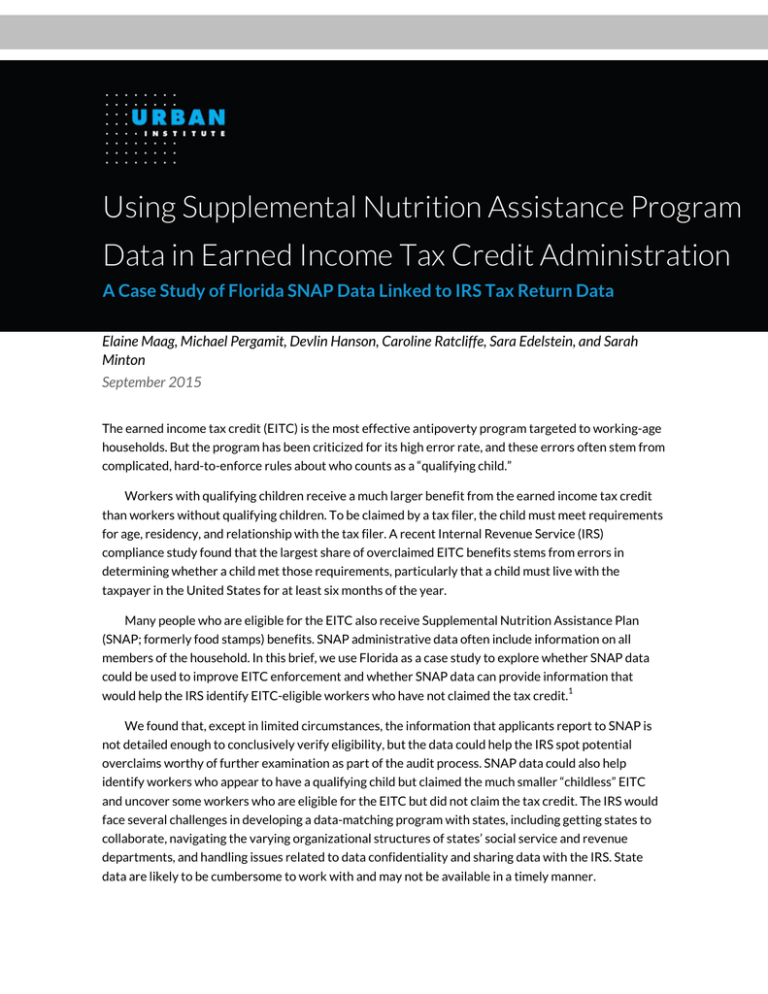Millions of Georgians struggle with food insecurity each year, making access to resources like the Supplemental Nutrition Assistance Program (SNAP) crucial for survival. If you're wondering how to claim supplemental nutrition assistance program Georgia, this guide provides step-by-step instructions to ensure you receive the benefits you deserve. SNAP is designed to help low-income families and individuals afford nutritious food, but navigating the application process can be overwhelming. This article simplifies the process, ensuring you understand every step required to successfully apply for and claim your benefits.
Understanding how to claim supplemental nutrition assistance program Georgia involves more than just filling out forms. It requires knowledge of eligibility criteria, documentation requirements, and the submission process. Many applicants face challenges due to misinformation or confusion about the program's guidelines. By breaking down the process into manageable steps, this article aims to demystify the system, empowering you to take control of your financial and nutritional well-being. Whether you're new to the program or need a refresher, this guide will address all your concerns and provide actionable advice.
As we delve deeper into the specifics of claiming SNAP benefits in Georgia, remember that the program is a lifeline for countless families across the state. From single parents to senior citizens, the assistance provided by SNAP makes a tangible difference in people's lives. This article not only explains the application process but also highlights additional resources and support systems available to applicants. By the end, you'll have a clear roadmap to follow, ensuring you successfully navigate the system and secure the help you need.
Read also:Amal Clooney
Table of Contents
- 1. What Is the Supplemental Nutrition Assistance Program?
- 2. How to Claim Supplemental Nutrition Assistance Program Georgia?
- 3. Who Qualifies for SNAP in Georgia?
- 4. What Documents Are Required for SNAP Application?
- 5. How Long Does It Take to Receive Benefits?
- 6. Can You Appeal a SNAP Denial?
- 7. How Do You Renew Your SNAP Benefits?
- 8. Where Can You Use Your SNAP Benefits?
What Is the Supplemental Nutrition Assistance Program?
The Supplemental Nutrition Assistance Program (SNAP) is a federal assistance initiative designed to combat hunger and improve nutrition among low-income individuals and families. Administered by the United States Department of Agriculture (USDA), SNAP provides eligible participants with electronic benefits that can be used to purchase food at authorized retailers. In Georgia, the program is managed by the Division of Family and Children Services (DFCS), ensuring that state-specific needs are addressed effectively.
SNAP benefits are distributed via an Electronic Benefits Transfer (EBT) card, which functions similarly to a debit card. This card allows recipients to access their funds conveniently and discreetly, reducing stigma associated with traditional food stamps. The program's primary goal is to ensure that every household has access to nutritious food, regardless of income level. By providing financial assistance for groceries, SNAP helps alleviate food insecurity and promotes healthier living.
In Georgia, SNAP benefits are tailored to meet the unique challenges faced by residents. From urban areas like Atlanta to rural communities, the program adapts to diverse demographic needs. Understanding the foundation of SNAP is essential before diving into the application process, as it highlights the program's significance and the impact it has on communities statewide.
How Does SNAP Work in Georgia?
SNAP operates through a straightforward mechanism in Georgia, where eligible applicants receive monthly benefits based on their household size and income level. The benefits are calculated using a standardized formula that considers factors such as gross income, expenses, and family size. Once approved, recipients receive their funds automatically each month, ensuring continuous access to essential groceries.
One of the key features of SNAP in Georgia is its flexibility. The program allows recipients to choose from a wide variety of food items, empowering them to make dietary decisions that suit their preferences and nutritional needs. However, certain restrictions apply, such as prohibiting the purchase of non-food items like alcohol, tobacco, and household supplies. These guidelines ensure that funds are used responsibly and effectively.
What Are the Benefits of SNAP?
- Reduces food insecurity
- Improves overall health and nutrition
- Supports local economies by increasing grocery spending
- Provides financial relief to low-income families
How to Claim Supplemental Nutrition Assistance Program Georgia?
Claiming SNAP benefits in Georgia involves a multi-step process that begins with determining eligibility and ends with receiving your EBT card. The first step is to gather all necessary documentation, including proof of income, residency, and citizenship. Once you have these documents ready, you can proceed to submit your application through one of three methods: online, by mail, or in person at a local DFCS office.
Read also:Ausar Thompson
Applying online is the most convenient option for many Georgians, as it allows you to complete the process from the comfort of your home. The Georgia COMPASS website provides a user-friendly platform where you can fill out the application, upload required documents, and track the status of your submission. Alternatively, you can download the application form, complete it manually, and mail it to your local DFCS office. For those who prefer face-to-face interaction, visiting an office in person ensures that all questions are answered thoroughly.
Regardless of the method you choose, ensure that all information provided is accurate and up-to-date. Mistakes or omissions can delay the processing of your application, potentially impacting your ability to receive timely benefits. By following these steps diligently, you increase your chances of a successful application.
What Happens After Submitting Your Application?
Once your application is submitted, the DFCS will review your documents and conduct an interview to verify your eligibility. This interview can be conducted over the phone or in person, depending on your preference and availability. During the interview, a caseworker will ask questions about your household composition, income sources, and expenses to ensure accuracy in determining your benefit amount.
After the interview, the DFCS will process your application and notify you of their decision within 30 days. If approved, you will receive an EBT card with your initial benefits loaded. It's important to note that the approval period may vary depending on the complexity of your case and the volume of applications being processed at the time.
Who Qualifies for SNAP in Georgia?
Eligibility for SNAP in Georgia is determined by several factors, including household income, size, and citizenship status. To qualify, your gross monthly income must fall below 130% of the federal poverty level, while your net income (after deductions) must be at or below 100% of the poverty level. Additionally, households with elderly or disabled members may qualify for higher income limits.
Citizenship is another critical factor in determining eligibility. U.S. citizens, legal permanent residents, and certain qualified non-citizens may apply for SNAP benefits. However, undocumented immigrants and those who do not meet residency requirements are ineligible. Understanding these criteria is essential before beginning the application process, as it helps determine whether you meet the program's standards.
Household size also plays a significant role in eligibility determination. Larger households with more dependents may qualify for higher benefit amounts, reflecting the increased financial burden associated with feeding more people. By evaluating these factors holistically, the DFCS ensures that assistance is distributed equitably and effectively.
How Do Income Limits Affect Eligibility?
Income limits are a primary determinant of SNAP eligibility in Georgia. For example, a household of four cannot exceed an annual gross income of $34,480 to qualify for benefits. These limits are adjusted annually to account for inflation and changes in the cost of living. It's important to note that certain deductions, such as child care expenses and medical costs for elderly or disabled individuals, can lower your net income, potentially increasing your eligibility.
What Documents Are Required for SNAP Application?
Preparing the necessary documentation is a crucial step in the SNAP application process. Key documents include proof of identity, residency, income, and citizenship. Acceptable forms of identification include a driver's license, state ID, or birth certificate. Residency can be verified through utility bills, lease agreements, or other official correspondence bearing your address.
Income verification is another critical component of the application. Pay stubs, tax returns, and unemployment benefits statements are all acceptable forms of proof. If you're self-employed, providing bank statements or profit and loss statements may be required. Additionally, non-cash benefits like housing assistance or child support payments must be disclosed to ensure accurate benefit calculations.
For citizenship verification, U.S. citizens must provide a Social Security card or birth certificate. Legal permanent residents should submit their green card or visa documentation. By gathering these documents beforehand, you streamline the application process and reduce the likelihood of delays or rejections.
What If You Don't Have All Required Documents?
If you're missing certain documents, you can still proceed with the application process. The DFCS allows a 30-day grace period for submitting additional information, giving you time to gather any missing paperwork. During this period, it's crucial to communicate openly with your caseworker, explaining any challenges you face in obtaining the required documents. This proactive approach demonstrates your commitment to the process and increases the likelihood of a favorable outcome.
How Long Does It Take to Receive Benefits?
Once your application is submitted and approved, you can expect to receive your EBT card within 30 days. In cases of extreme financial hardship, expedited benefits may be available within seven days. The processing time depends on various factors, including the completeness of your application, the accuracy of your documentation, and the volume of applications being handled by the DFCS at the time.
Upon receiving your EBT card, it's important to activate it immediately and familiarize yourself with its usage. The card can be used at any authorized retailer displaying the SNAP logo, allowing you to purchase eligible food items seamlessly. Monitoring your account regularly ensures that you're aware of your remaining balance and can plan your grocery shopping accordingly.
Why Is the Processing Time Important?
The processing time for SNAP applications is critical, especially for households facing immediate food insecurity. Understanding the timeline helps applicants plan their resources effectively, ensuring they have access to food while awaiting approval. By maintaining open communication with the DFCS and addressing any issues promptly, you can minimize delays and expedite the process.
Can You Appeal a SNAP Denial?
If your SNAP application is denied, you have the right to appeal the decision. The appeal process involves submitting a written request to the DFCS within 90 days of receiving the denial notice. Your request should clearly outline the reasons for the appeal and include any additional documentation that supports your case.
Once your appeal is filed, a hearing will be scheduled to review your application and determine whether the denial was justified. During the hearing, you can present evidence, answer questions, and provide clarification on any discrepancies in your application. It's advisable to seek legal assistance if needed, as this can strengthen your case and increase the likelihood of a successful appeal.
How Do You Renew Your SNAP Benefits?
SNAP benefits are typically issued for a specific period, after which recipients must renew their application to continue receiving assistance. The renewal process involves updating your information and verifying that you still meet the program's eligibility requirements. The DFCS will notify you of your renewal date, providing instructions on how to proceed.
Renewal can be completed online, by mail, or in person, similar to the initial application process. Ensure that all updates to your income, household composition, or other relevant factors are accurately reflected in your renewal application. Failure to renew on time may result in a temporary suspension of benefits, underscoring the importance of staying proactive.
Where Can You Use Your SNAP Benefits?
SNAP benefits can be used at any authorized retailer displaying the SNAP logo. This includes grocery stores, farmers' markets, and certain online platforms. Eligible food items include fruits, vegetables, meat, dairy products, and other staples necessary for a balanced diet. However, non-food items such as alcohol, tobacco, and prepared meals are excluded from the program.
Using your EBT card is as simple as swiping it at the checkout counter, much like a regular debit card. Some retailers may offer additional discounts or promotions for SNAP recipients, further stretching your budget. By utilizing these resources wisely, you can maximize the value of your benefits and ensure your household's nutritional needs are met.
What Are Some Tips for Using SNAP Benefits Effectively?
- Plan your meals in advance to avoid impulse purchases
- Buy in bulk when possible to save money
- Choose nutrient-dense foods to optimize your budget
- Take advantage of sales and discounts at participating retailers
Frequently Asked Questions
Can I Apply for SNAP If I'm Unemployed?
Yes, you can apply for SNAP even if you're unemployed. Eligibility is based on household income, so as long as your income falls within the program's limits, you may qualify for benefits. Providing proof of job search efforts may strengthen your application, demonstrating your commitment to improving your financial situation.
What Happens If I Earn Extra Income While Receiving Benefits?
If your income increases while receiving SNAP benefits, you must report the change to the DFCS promptly. Failure to do so may result in overpayment and potential penalties


